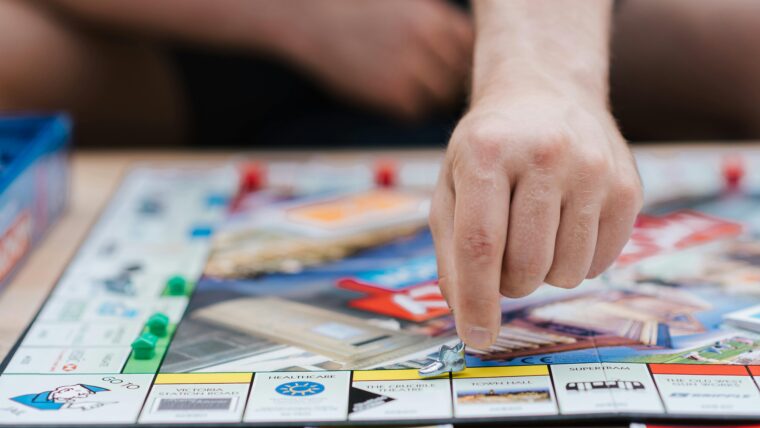Winning Strategy for Sweepstakes Understanding Sweepstakes Basics Before diving into any winning strategies, it’s essential to grasp what **sweepstakes** are and how they function. A sweepstake is a promotional event where participants have the opportunity to win prizes by entering their details, typically with no purchase necessary. By entering sweepstakes, individuals can engage in exciting opportunities while companies benefit from…








